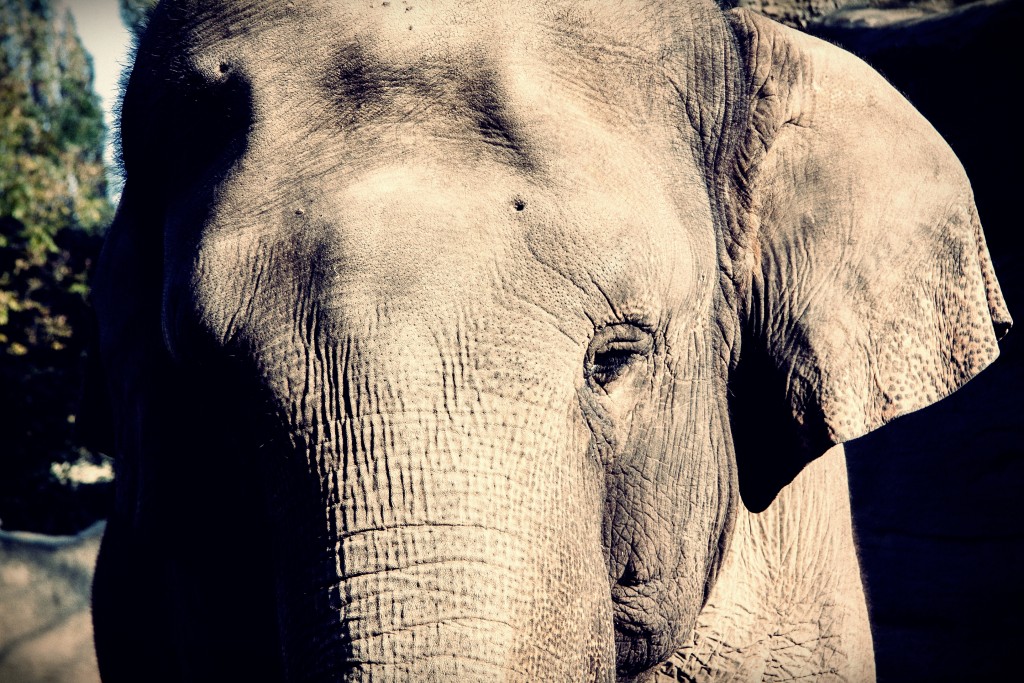Elephant populations are plummeting, dropping by as much as thirty percent in fifteen African countries over the past seven years. These are the findings of a new multi-million-dollar survey funded mainly by Microsoft co-founder-turned-philanthropist Paul G. Allen.
The conspicuous conservation failure comes despite highly publicized and fashionable humanitarian campaigns on behalf of the savanna giants, like Save the Elephants, which has been in existence since 1993. Activists working on behalf of elephants hardly need to convince people anymore that elephants are in peril, and the illegal ivory trade has been heavily vilified in Western media. Hollywood stars from Susan Sarandon and Lupita Nyong’o to Arnold Schwarzenegger and Leonardo DiCaprio have adopted the cause of the elephants as their own, lending the issue an undeniable cultural resonance.
Part of this cache comes from the profound emotional, even spiritual, intelligence that elephants seem to posses. A widely-circulated 2013 essay appearing in The New Atlantis journal brought to light some of the more amazing facts of elephants’ inner lives—they mourn over their dead ones, they remember, they express regret and joy, they even draw images. All these characteristics combine to create the impression of creatures not so far down the chain of being from us humans.
So why, then, can’t international advocacy groups succeed in their goal of preserving these popular, noble animals? They seem to have all the advantages possible, yet their numbers keep dropping.
Part of the answer to this riddle lies simply in the fact that Western bien pensants are not responsible for policy-making and police enforcement in small sub-Saharan countries. Foreign governments can take certain steps, like refusing to participate in an international ivory trade, but these only go so far. As long as attitudes towards poaching remain lax in African countries themselves and as long as ivory demand remains high among (mainly Asian) consumers, campaigners won’t make a dent in the elephant body count.
Consider, for instance, that despite the Chinese and U.S. governments landmark 2015 agreement to shut down illegal ivory markets, less than 1/3 of Chinese consumers believe that elephants are even endangered. Clearly, then, despite the widespread success of public awareness campaigns on behalf of elephants in America and Europe, many elsewhere still remain ignorant of the elephant’s plight.
Perhaps elephant advocates have spent too much time and effort over the past two decades pitching their message to right-thinking Westerners rather than those who actually kill and buy elephants. But still, these new findings present a valuable opportunity to refocus the conversation and implement a more effective conservation strategy. Incidentally, it also provides an interesting example of how, when it comes to nonprofit messaging, nothing fails like success.






